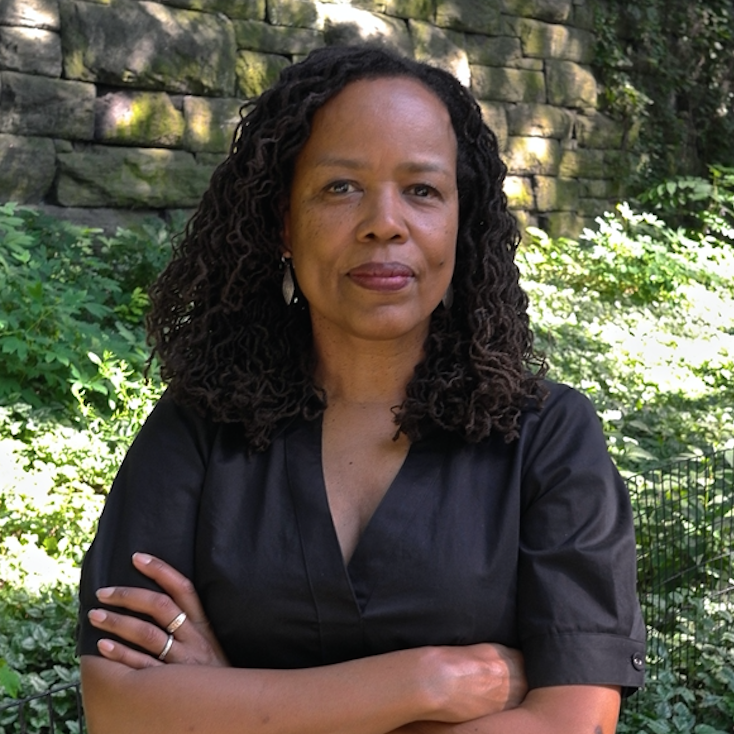Hartman’s self-stated mission statement to ‘reckon with the lives undone and obliterated in the making of human commodities’ has made her a vital commentator on the consequences of slavery – and a signal example to artists exploring whitewashed narratives of history. Her reach is wide: a new Japanese translation of the writer, thinker and cultural historian’s 2006 book Lose Your Mother won Japan’s Best Translation Award this year. All of this continues to spread her work and her influential methods of delving into archives, exploring their gaps and absences, and reanimating them with both academic rigor and the tools of fiction, what she refers to as ‘critical fabulation’. Her aim in 2019’s Wayward Lives, Beautiful Experiments, as she wrote, of ‘reconstructing the experience of the unknown and retrieving minor lives from oblivion’ could also be read as a guide for many artists working today.
This year, while teaching in the English Department at Columbia University and continuing work on a book about unsung heroes of Black radicalism (under the title Graces of the Unsung), and alongside her inclusion in the publication Five Manifestos for the Beautiful World (2024, based on a lecture series from last year), Hartman resumed her ongoing collaboration with artist Arthur Jafa through an ambitious three-part multimedia performance, Minor Music at the End of the World. Commissioned by Hartwig Art Foundation and currently in rehearsal, with theorist Tina Campt involved as dramaturg, the production is based on two of Hartman’s essays, ‘The End of White Supremacy: An American Romance’ and ‘Litany for Grieving Sisters’. It also draws on the writings of W.E.B. Du Bois, particularly his science fiction story ‘The Comet’, published in 1920 in the wake of the Great Influenza pandemic, in which a black man and a white woman are the sole survivors of an apocalyptic event. Hartman and Jafa’s work will premiere in Amsterdam next year, and the questions it promises to raise testify to Hartman’s conceptual scope and hopefulness: ‘How does one live at the end of the world? Is it possible to envision a world without racism? And what would be required to produce such a world?’
